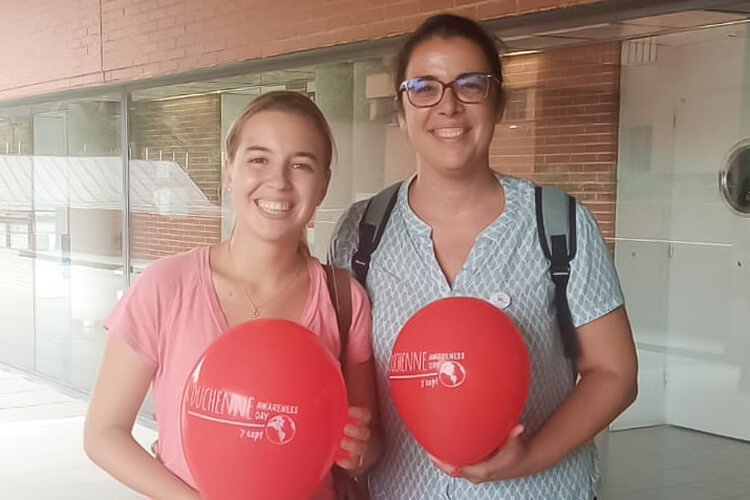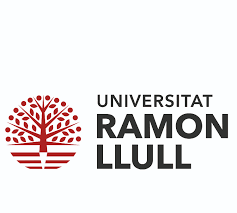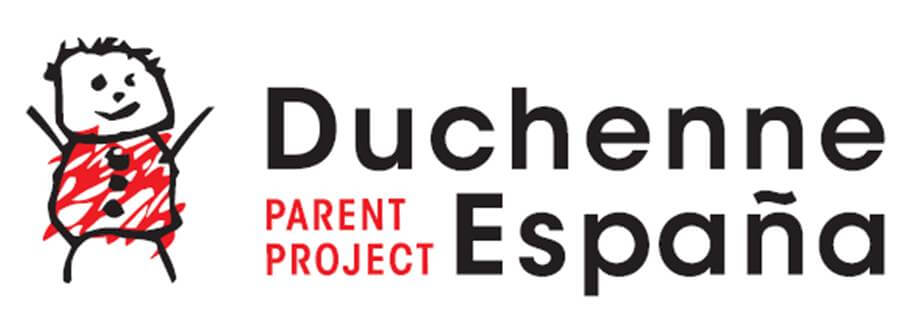Improving Duchenne Muscular Dystrophy Therapies

Duchenne muscular dystrophy (DMD) is a rare genetic disease in which an alteration occurs in a gene responsible for encoding the dystrophin protein. The essential function of this protein is to connect the inside of muscle cells with the extracellular matrix, which makes it possible to dampen the tension generated during muscle contraction. When this functional protein is missing, as happens in the case of individuals affected by DMD, muscle cells break down and lose their functionality. This dysfunction affects all muscle tissues, including cardiac and respiratory muscles. Initially, patients experience the loss of the ability to walk. Over time, they develop respiratory or heart problems, leading to life expectancy not exceeding 30 years of age.
Since this disease is linked to the lack of a single gene, significant research has been done in recent years to develop a gene therapy to treat and cure it. These therapies are based on the use of a vehicle that transports a copy of the functional gene to the muscle cells to get the necessary protein. Out of the different vehicles studied, what has been most successful is the one that uses viral vectors, in particular the use of adeno-associated viruses or AAVs, specifically designed to introduce the necessary gene into muscle cells. However, this therapy presents an important problem that limits its use: when children have been previously infected or treated with these specific AAVs, their immune system prepares for future infections and develops antibodies that destroy the virus, thus limiting treatment.
In collaboration with the Duchenne Parent Project Spain (DPPE) association, researchers from the Materials Engineering Group (GEMAT), led by Dr Marta Guerra and Dr Salvador Borrós, are working on a project to modify adeno-associated vectors to improve gene therapy. Their objective is to design and test new coatings for AAVs, using polymeric biomaterials designed by the group itself. These new coatings have the primary function of making AAVs invisible to the immune system, thus facilitating successive releases into muscle cells so they can perform their function correctly.
In the words of Dr Marta Guerra, “finding solutions that enable us to extend the life expectancy of these children would be ideal. With our research, we’re seeking to contribute to the development of new treatments that include patients who would be excluded with current therapies.”
The Duchenne Parent Project Spain is a non-profit association created by parents of children with Duchenne Muscular Dystrophy (DMD) and Becker Muscular Dystrophy (BMD). The GEMAT group at IQS and the DPPE have been collaborating on the research of effective therapies for DMD since 2014.
RELATED PEOPLE:
RESEARCH GROUP
Materials Engineering
Chemical & Synthetic Biology for Biotherapies
RELATED PROJECTS
Duchenne (Recobriment de vectors adenoassosciats per millora de la teràpia gènica)



